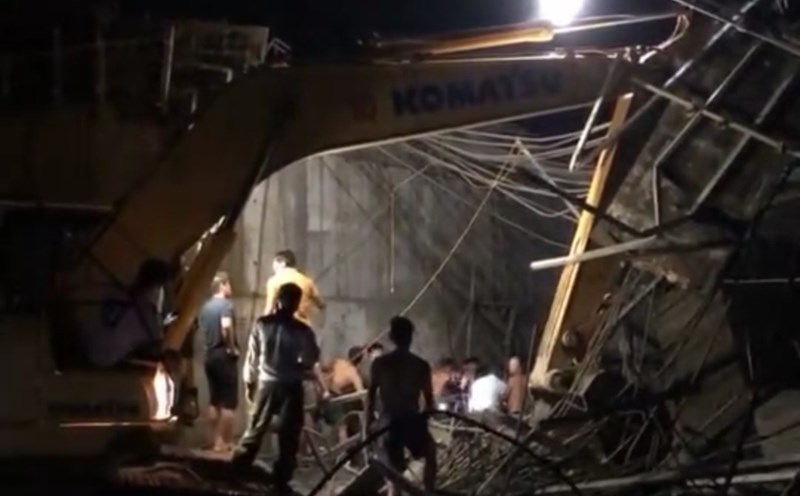Vedomosti newspaper cited data from the EU statistical agency Eurostat as saying that the EU's imports of Russian fertilizers increased by 70% to 1.9 million tons in the period from January to May this year compared to the same period last year. 2023.
In monetary terms, EU purchases amounted to more than 649 million euros ($703 million), marking a 30% increase over the same period last year.
In May alone, imports rose 5% year-on-year to 77.4 million euros ($83.8 million) in currency terms and increased 17% to 238,400 tons in volume.
This growth is mainly due to increased purchases of potash and multi-nutrient fertilizers, Vedomosti noted.
Meanwhile, the EU's nitrogen fertilizer imports from Russia increased by 39% in the first 5 months of this year and accounted for 57% of the bloc's total fertilizer purchases from Russia.
Poland is Russia's top urea buyer as imports increased by 25% to nearly 468,000 tons. Next are France, Germany and Italy, with purchases increasing by 12%, 11% and 10% respectively.
Fertilizer production costs have skyrocketed across the bloc in 2022 due to rising gas prices, Vedomosti noted. At that time, Russian energy giant Gazprom - once the EU's main gas supplier - significantly reduced exports to the bloc following Western sanctions and the sabotage of the Nord Stream pipeline .
Rising input costs forced EU nitrogen fertilizer producers to cut production, while some companies had to temporarily shut down operations altogether, forcing farmers in the bloc to increase imports from Russia, The world's largest producer and exporter of urea.
Last year, the German Federal Statistical Office (Destatis) revealed that Germany increased its purchases of Russian fertilizer by about 334%, from 38,500 tons in July 2022 to 167,000 tons in June 2023. Meanwhile, separately Urea imports increased by 304% in the first half of 2023 over the same period.
Earlier this year, the CEO of Norwegian chemical manufacturer Yara International, Svein Tore Holsether, warned in an interview with the Financial Times that the European Union was becoming more dependent on US fertilizers. Russia, just like with natural gas .











